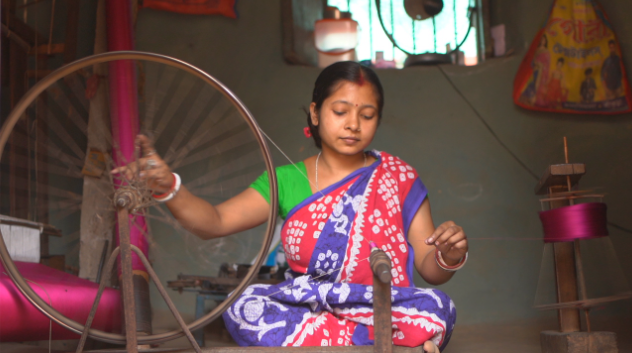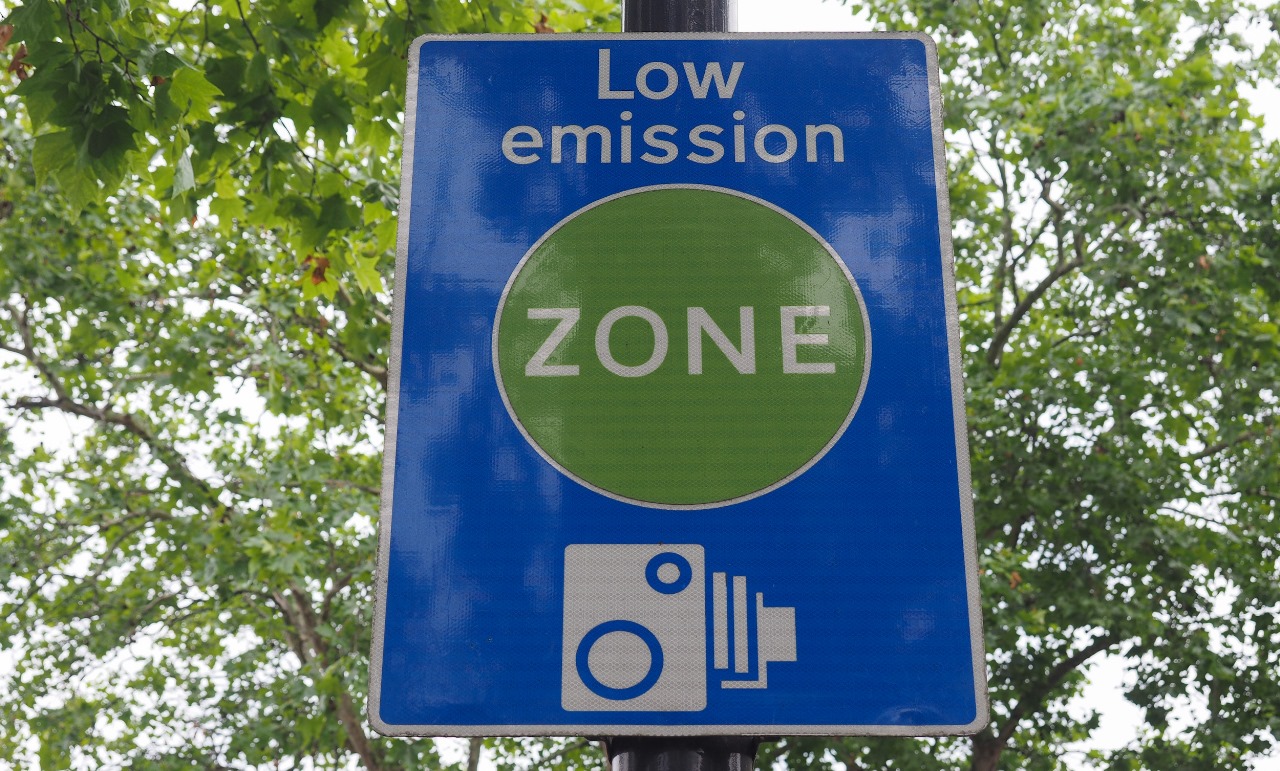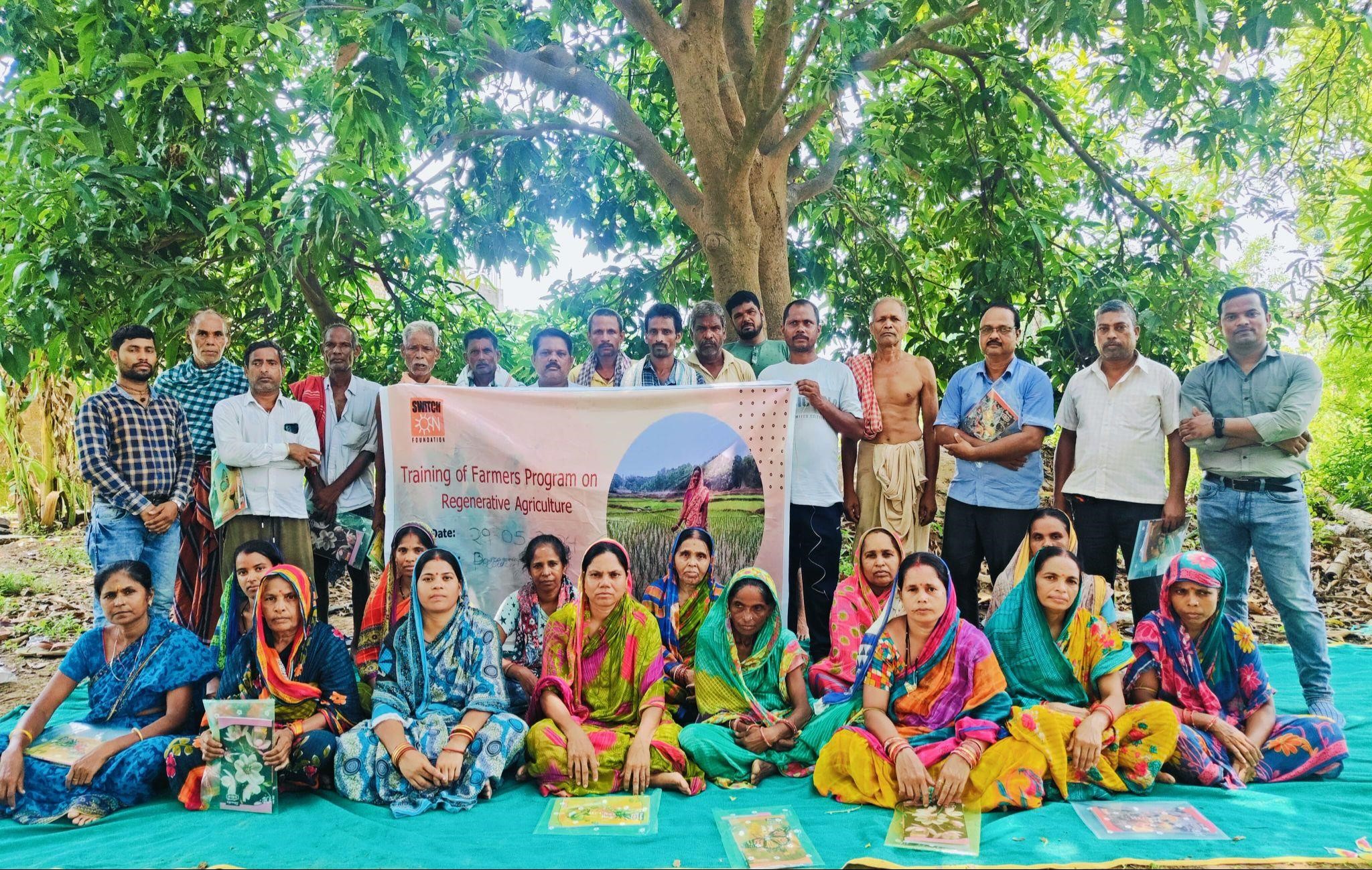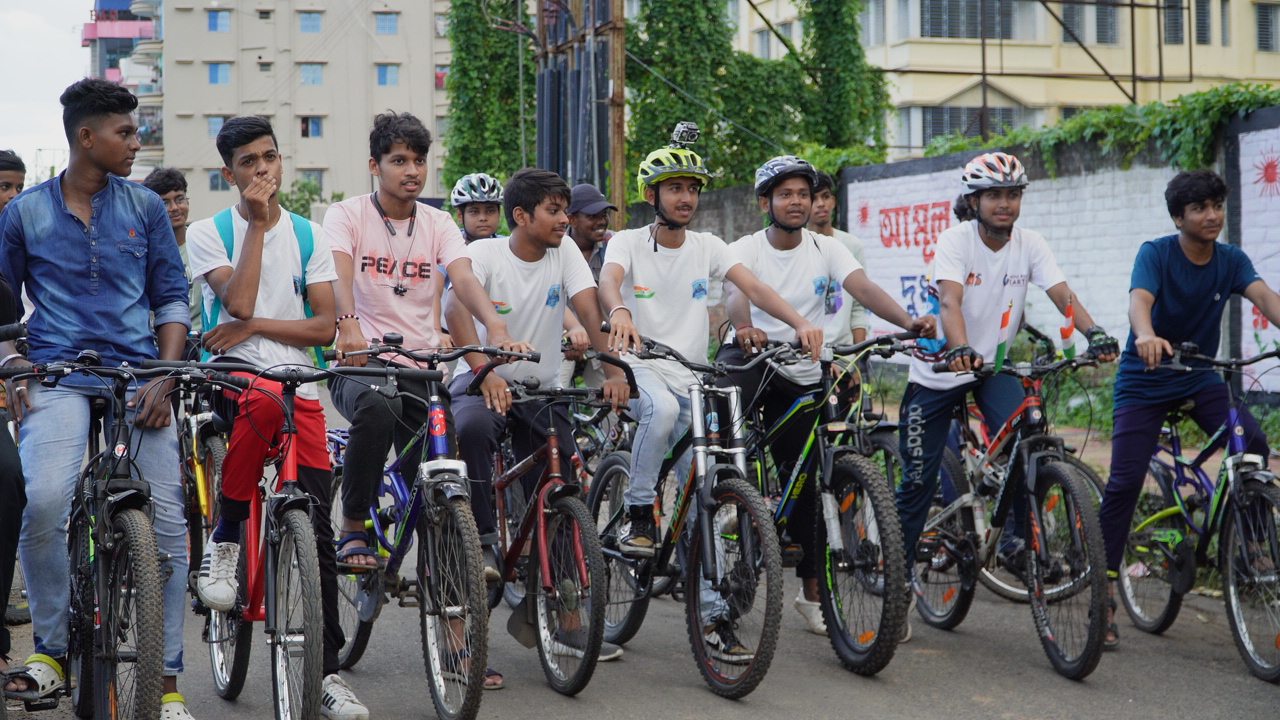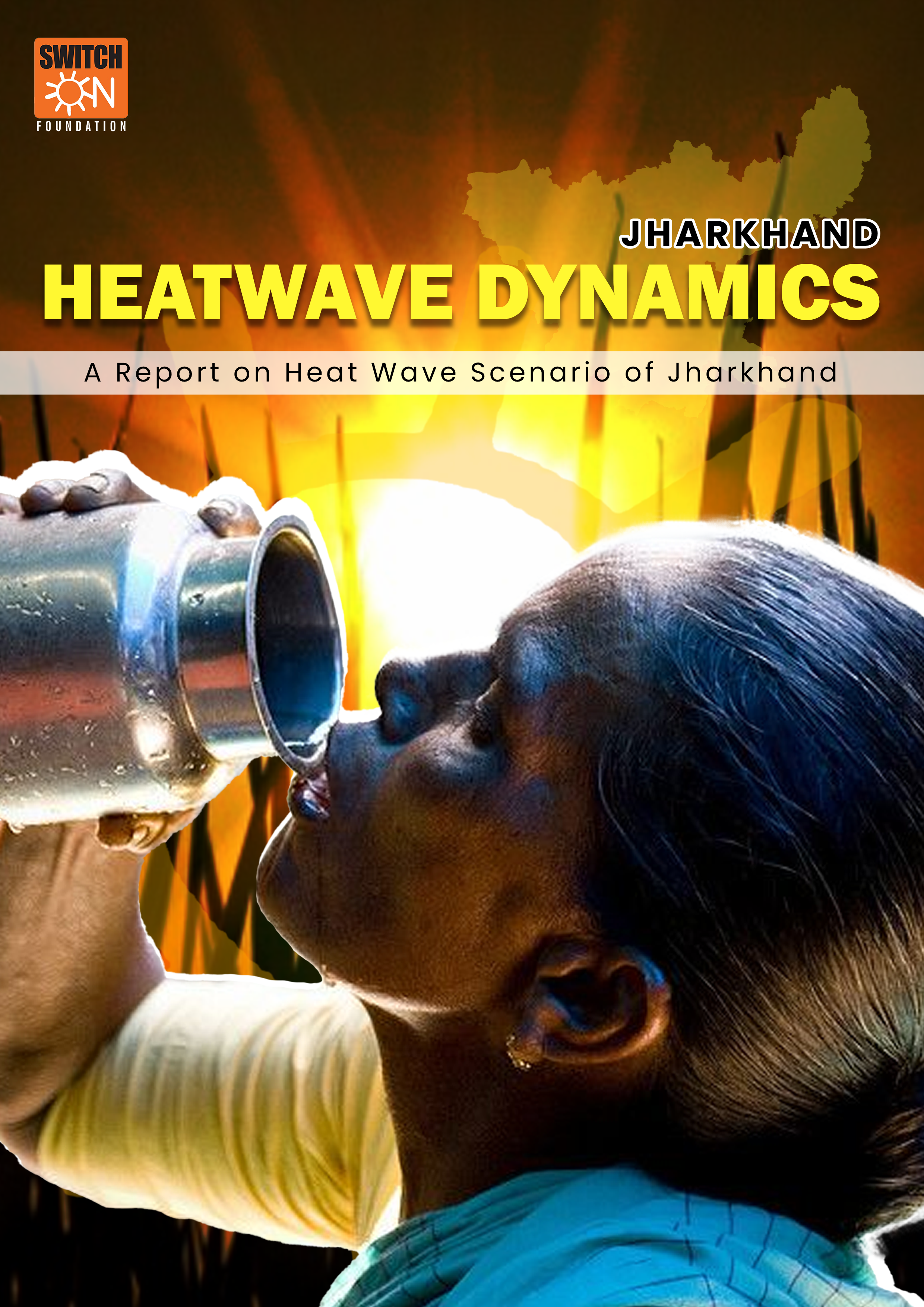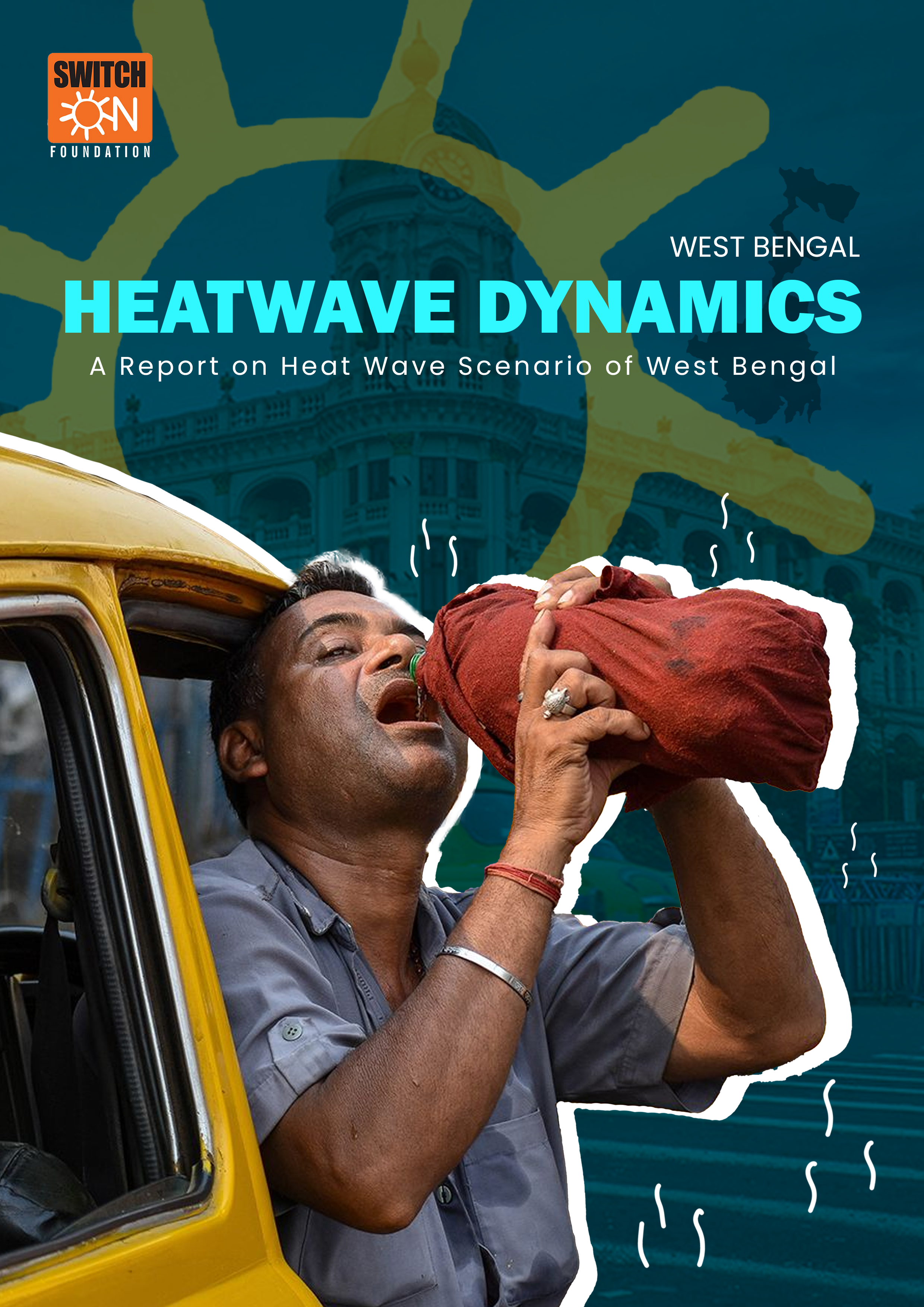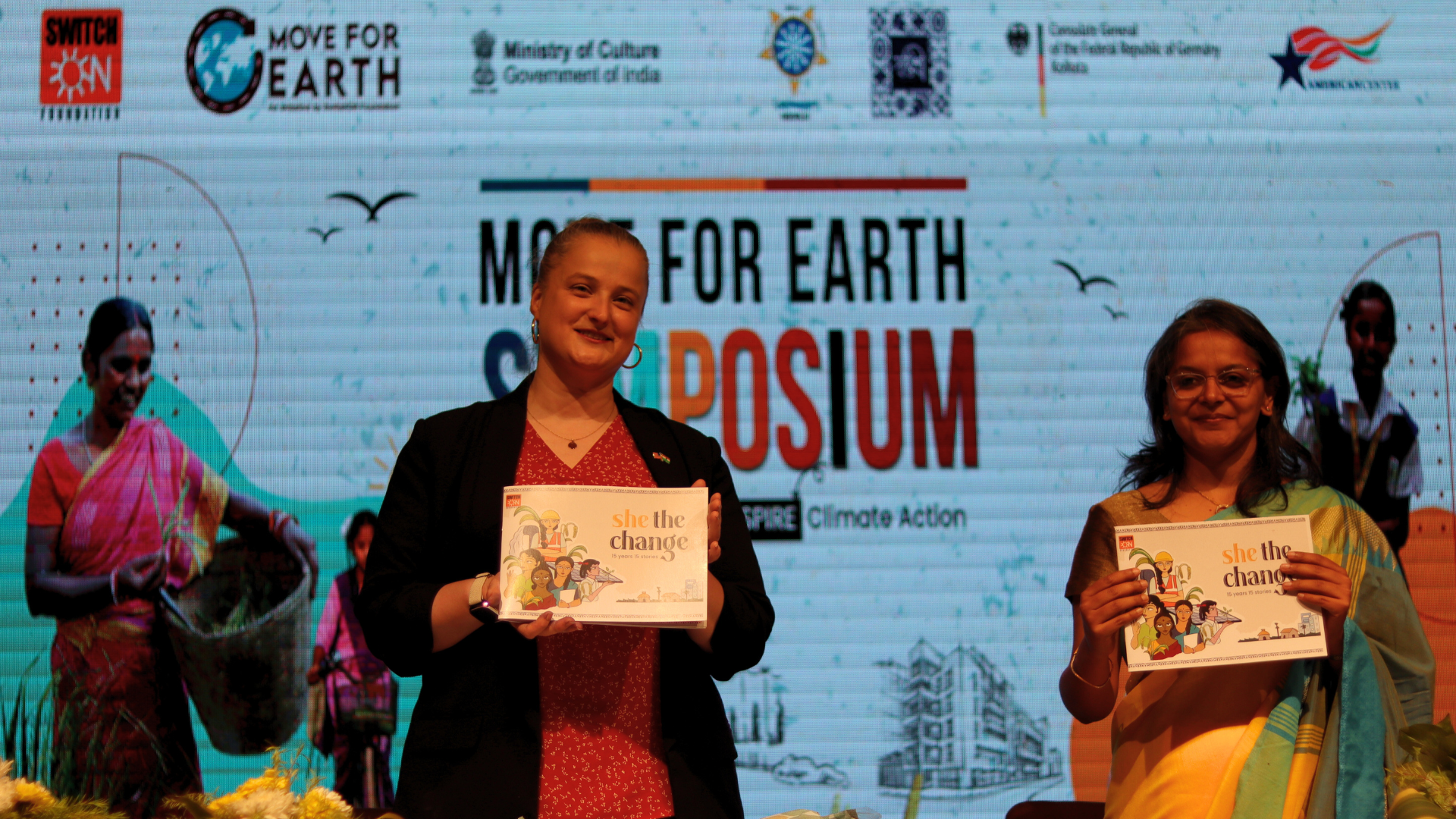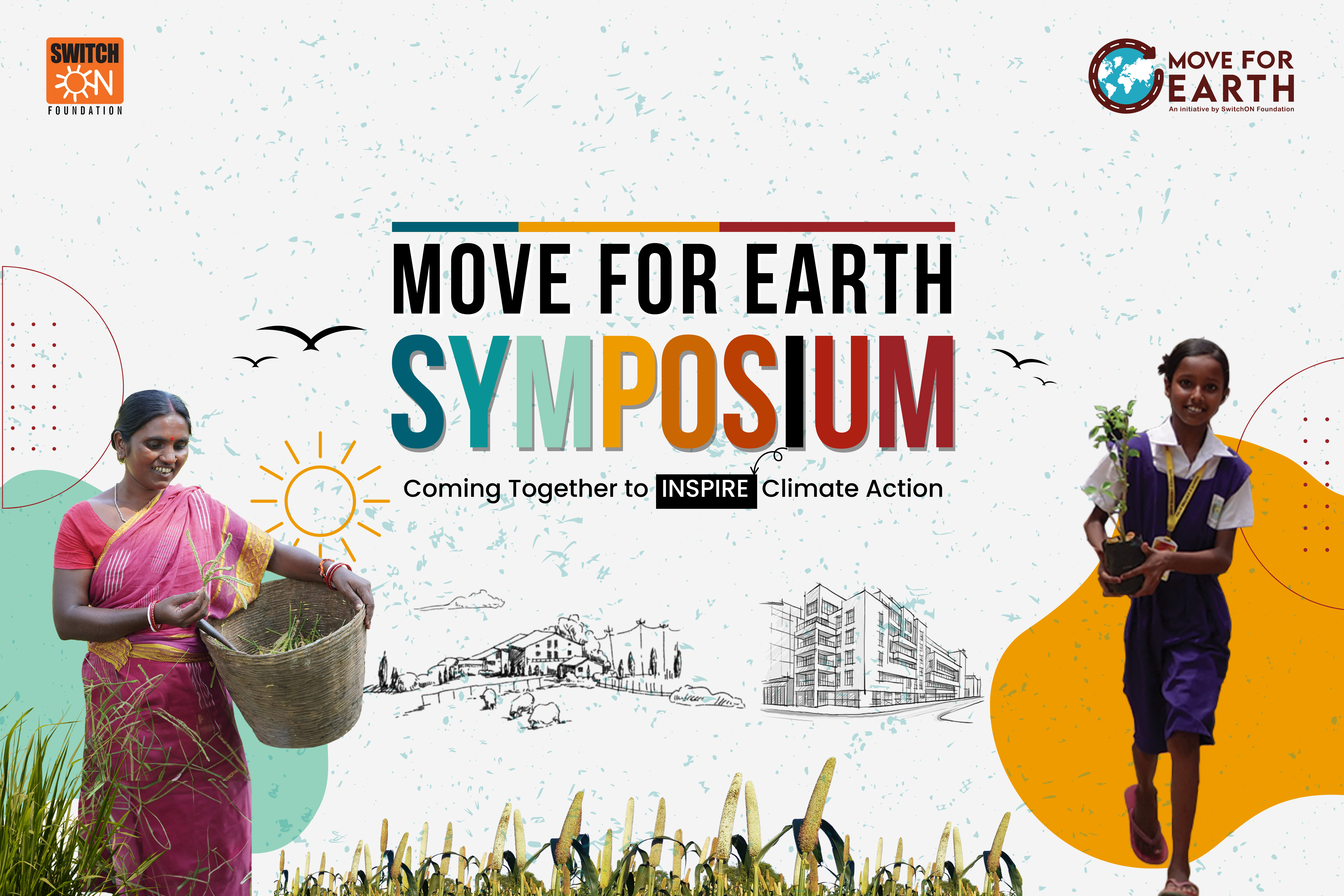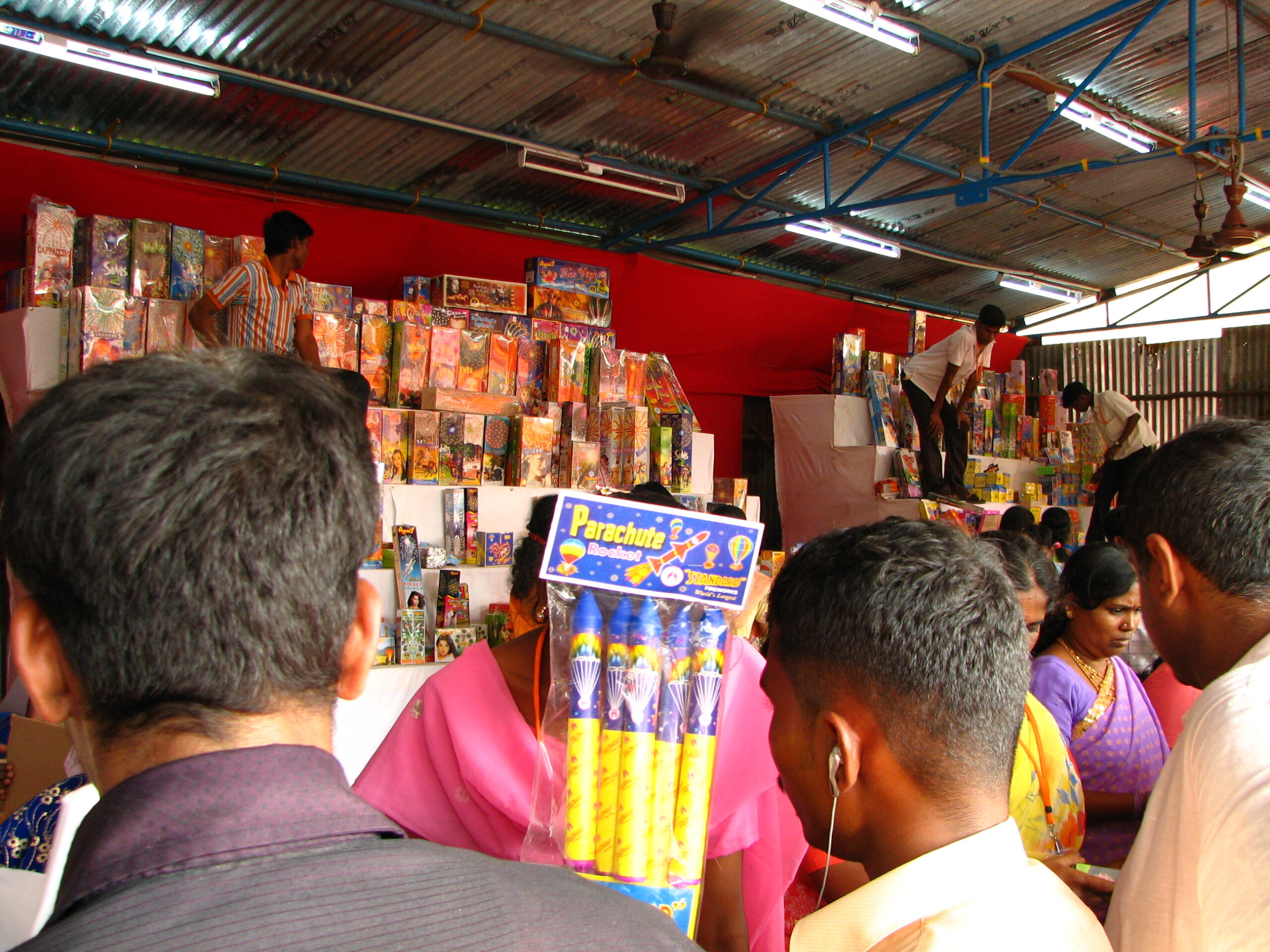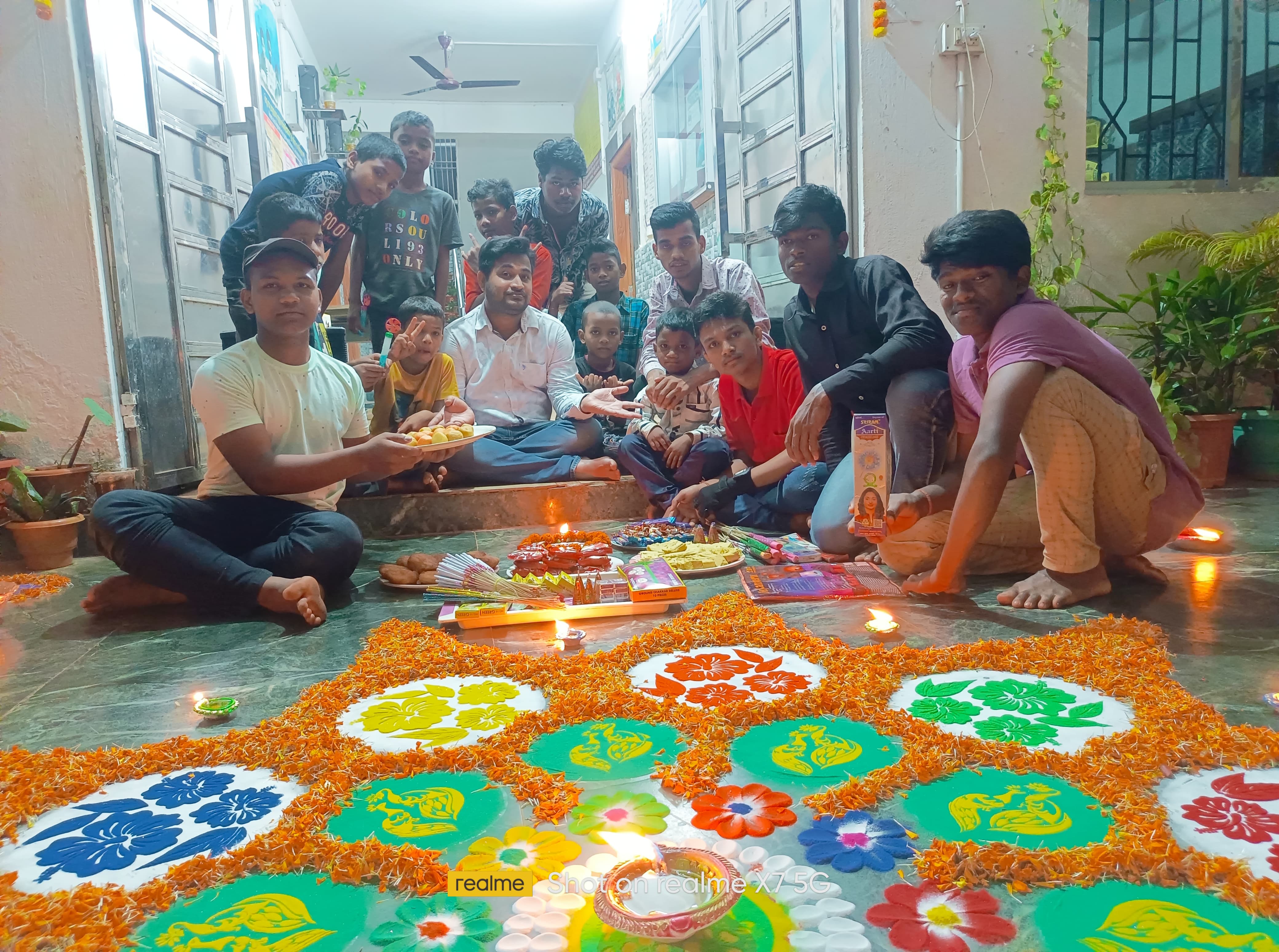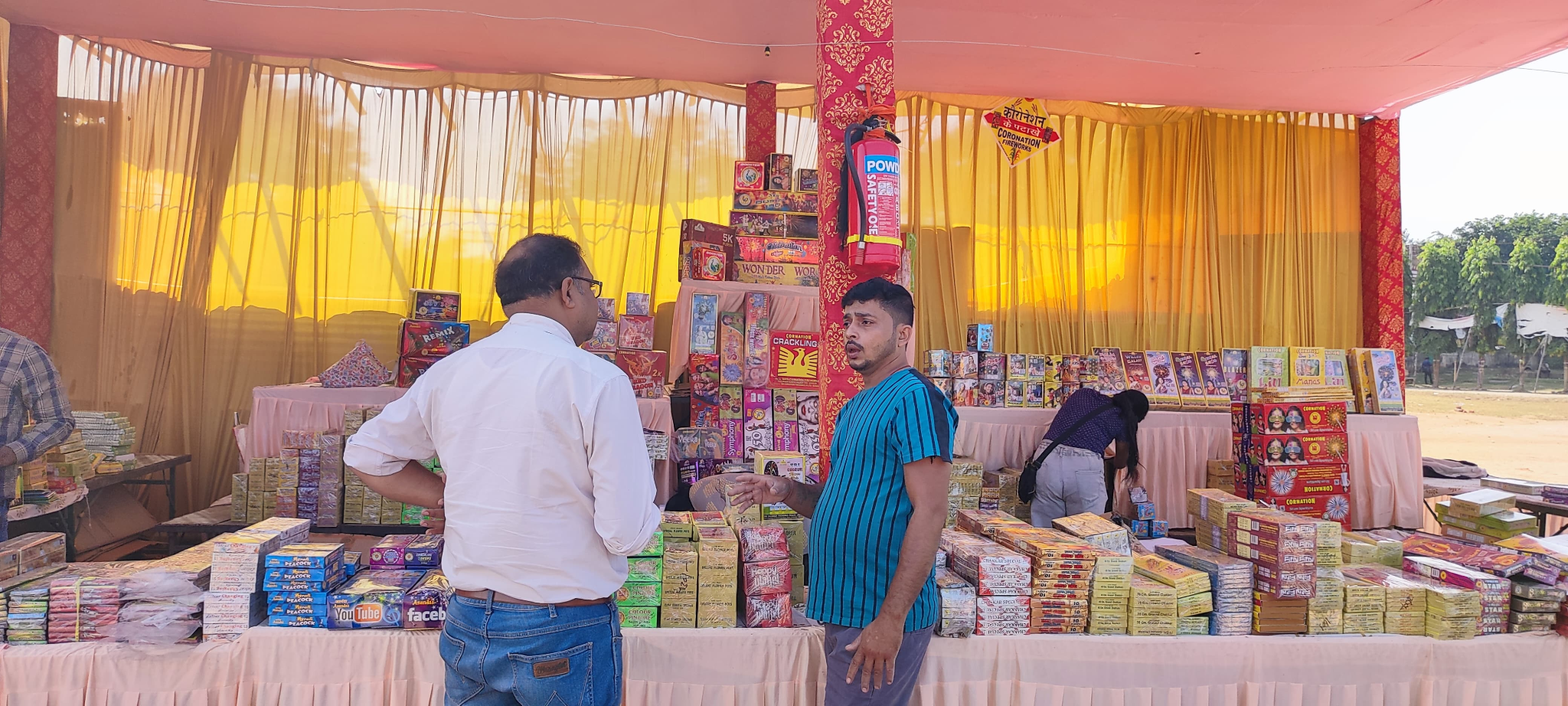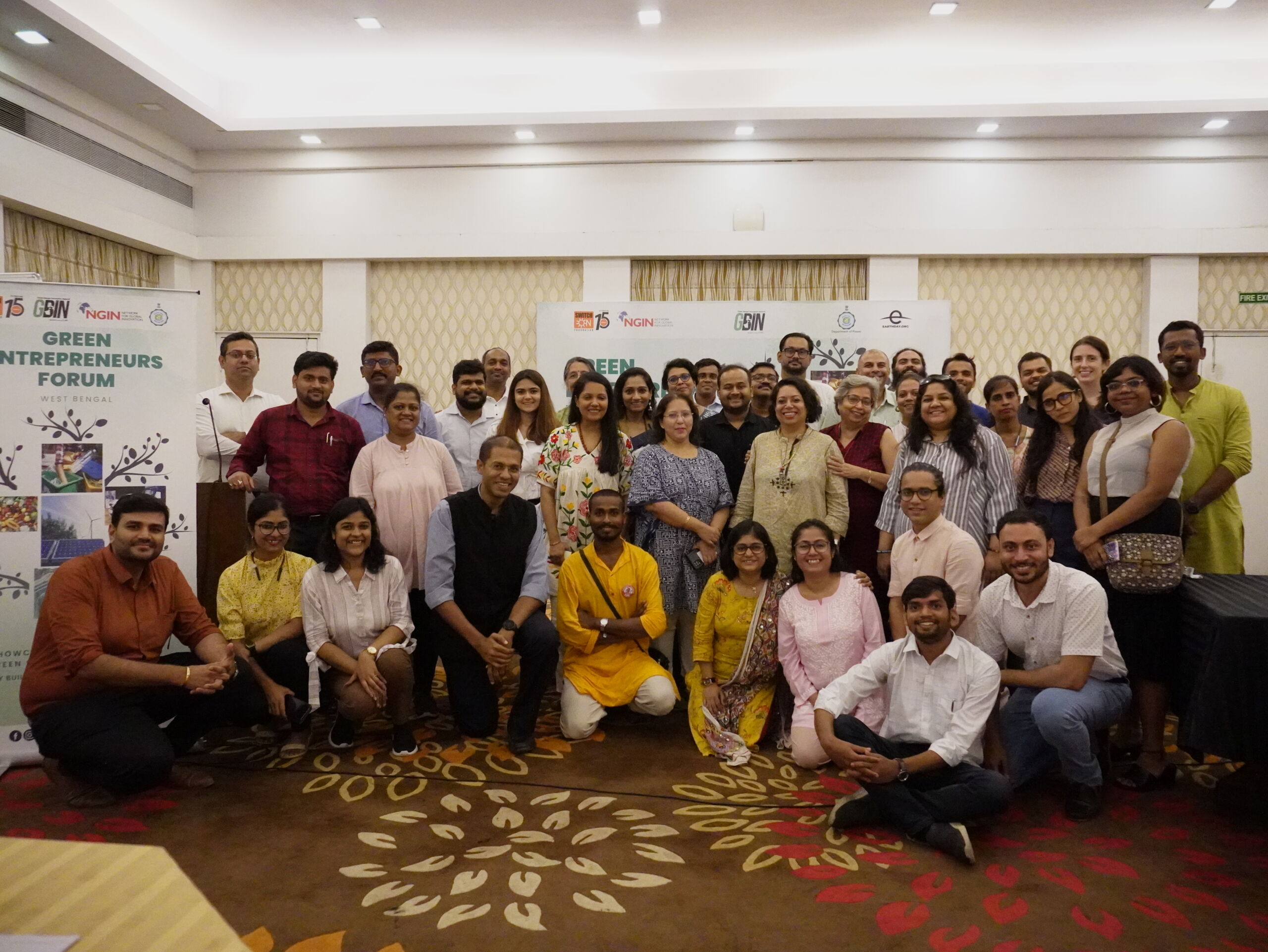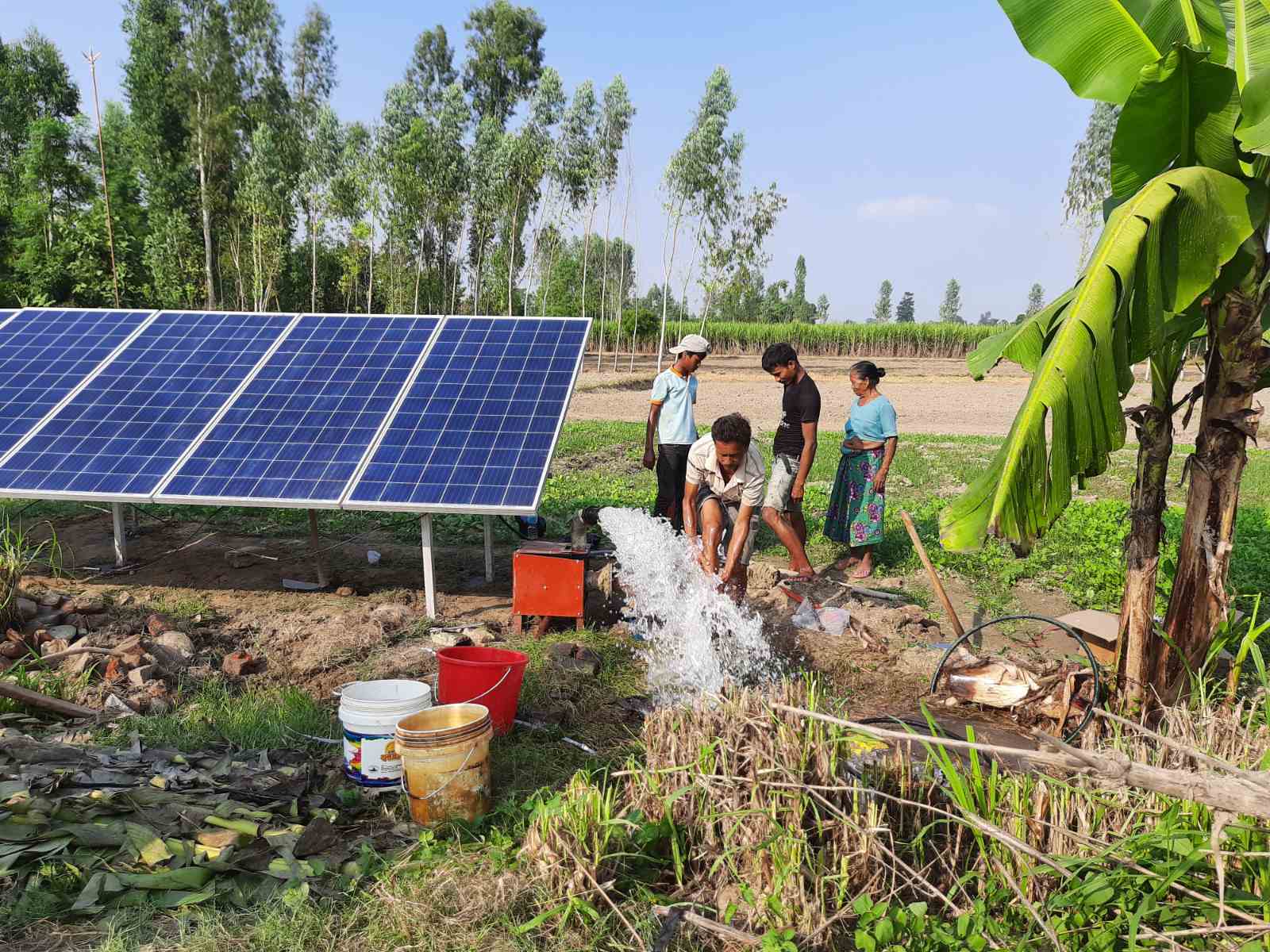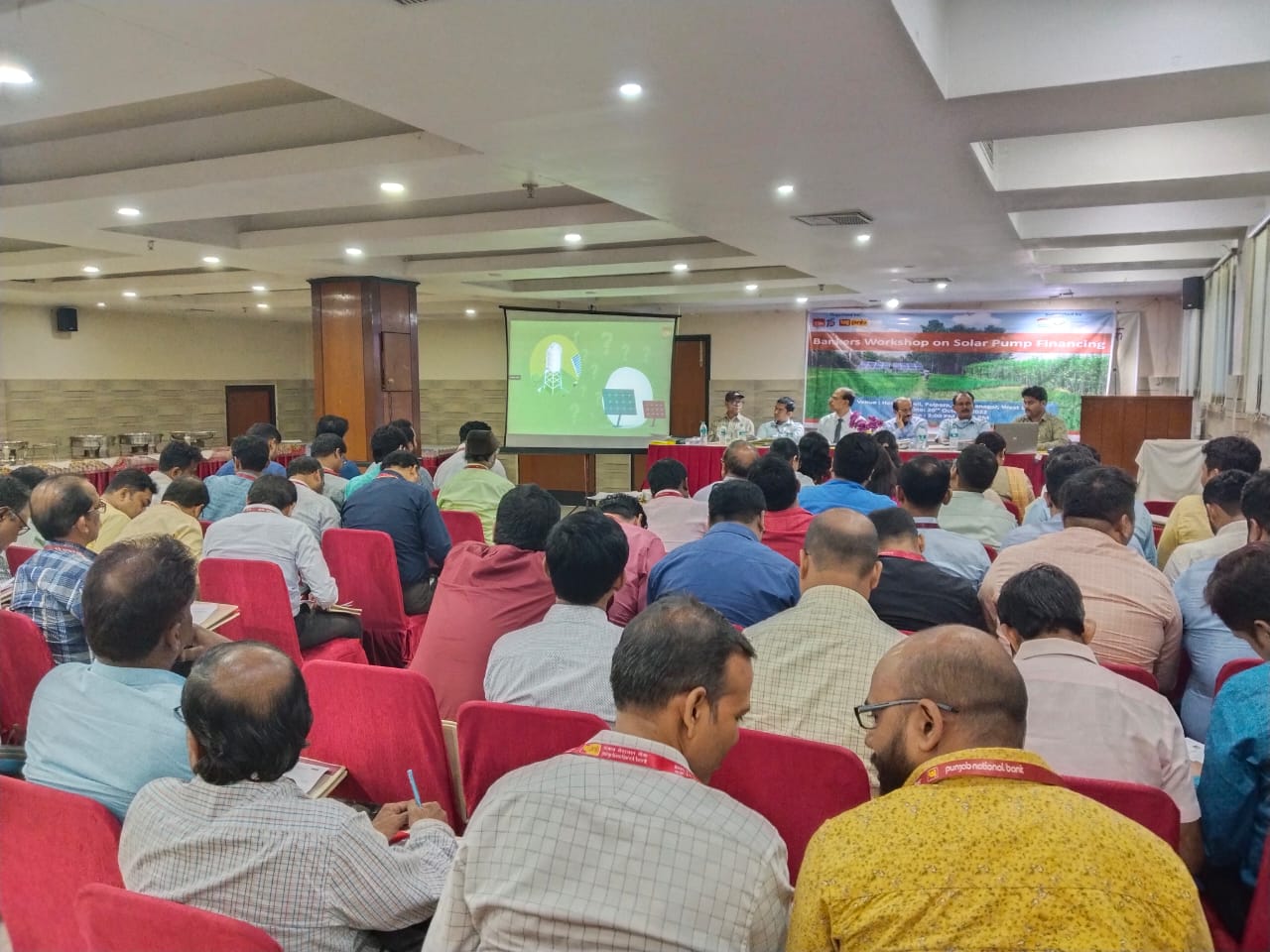As April ushers in the summer season in Odisha, residents are contending with an intense heat wave intensified by low moisture levels. Urban and industrial areas are particularly affected, signaling a potentially harsher season ahead for the state. The India Meteorological Department (IMD) predicts a prolonged spell of heat waves until April 23 in parts of Odisha.
A heat wave health advisory has been released by leading medical professionals of Odisha like Dr. Mamata Panda, Sr. Consultant Pediatrician and Neonatologist, Care Hospitals, Dr. Arpita Subhadarshini, Medical Officer, UPHC, Bhubaneswar, Dr. Pragyan Kumar Routray, HOD Critical Care, Care Hospitals addressing the escalating concerns surrounding heat waves and its detrimental effects on public health. The health advisory provides preventive measures and practices that should be adopted to tackle the wrath of extreme heat waves. In light of the extreme erratic weather conditions, the medical community emphasized the urgent need for heightened awareness and precautionary measures to safeguard the well-being of individuals.
In this context, as the common public is at the forefront of suffering from and cause of heatwave events, the research team of SwitchON Foundation surveyed to gauge public perception of heatwave challenges, impacts on daily life, mitigation strategies, and awareness of timely information in the present heatwave scenario.
The survey was conducted with 815 participants in April 2024 across East Indian states (West Bengal, Jharkhand, and Odisha) to capture perceptions of the ongoing heatwave. Out of which 245 participated from Odisha, where 69% were males and 31% females. The survey exclusively targeted urban areas, engaging participants from diverse ages and occupational backgrounds.
FINDINGS
- All respondents unanimously stated that the intensity of heat waves has escalated over the years.
- Perception of death and health effects from heat waves:
- 77% respondents said they know individuals who have succumbed to heat waves.
- Headache, dizziness, nausea and heat rash are some of the commonly noticed health issues by the respondents from Odisha.
- Irrespective of gender roles, a majority of the respondents were noticed to cite headache as the most common general concern due to heat waves.
- 73% females and 62% males faced heat exhaustion during heat waves.
Other Challenges:
- In Odisha, health concerns top the list of challenges among respondents during heatwaves. Over 77% of participants encounter physical issues in these conditions.
- During heatwaves, infrastructural challenges like frequent power cuts (61% response) and water shortages (61% response) emerge as major hurdles.
- During extreme heat events in the state, 56% of respondents reported limited access to cooling facilities, indicating a significant challenge in addressing this issue.
- Heat waves are causing significant economic strain for 33% of individuals surveyed. As a result, the people of Odisha are experiencing various health and infrastructural challenges due to this financial burden.
Impact on Daily Activities:
- Irrespective of age and gender, the day-to-day activities of the people of Odisha are being affected due to heat waves.
- The response pattern shows that primarily indoor dwellers, Homemakers and retirees, bear the full force of heat waves.
People’s Awareness and Source of Information
- In regards to information regarding heat waves, 42% of responses came that people mostly get information about heat waves through TV/Radio.
Internet sources (30% of the survey responses) and social media (27% of the survey responses)
- While a small number of respondents cited a lack of information, the overall scale of this issue is significant, warranting government attention to address the needs of this population.
- 60.8% of the surveyed population is cognizant of the government’s heat wave action plan (HAP).
- Of the remaining respondents, 29.8% are confident in the absence of such action plans in Odisha, while the remaining 9.4% lack awareness of their existence.
People’s Solution:
- As the urban areas experience the worst impacts of heat waves, near about 30% of the respondents have suggested modifying the urban planning to mitigate this extreme scenario.
- Policy changes to address the climate change scenario (29%) and public awareness and education policies (23.51%) emerged as two other popular solutions of the respondents for mitigating heatwaves in the long run.
- 99% of the respondents in Odisha think that the government authorities should take more action to address the impacts of heat waves.
Mr. Vinay Jaju, Managing Director, SwitchON Foundation said, “It is alarming to see the abnormal and erratic weather conditions currently prevailing in Odisha. It’s just the onset of the summer and we are reeling under extreme weather conditions of heat waves. Through our studies it has clearly come out that 99% of people of Odisha surveyed think that the government authorities should take more action to address the impacts of heat waves.” He further added, “There is a need to make people aware of the steps to be taken to protect themselves from the changing weather variations. Along with this, the Government and Citizens need to come together to take urgent action to mitigate climate change for safeguarding everyone’s livelihood and wellbeing. ”
Dr. Mamata Panda, Sr. Consultant Pediatrician and Neonatologist, Care Hospitals, Bhubaneswar said, “Heat waves can pose significant risks to children’s health, from dehydration to heat exhaustion. It’s crucial for parents to keep kids hydrated and cool during hot spells. Watch for signs of overheating, such as excessive sweating, dizziness, and fatigue. Seek medical attention if symptoms worsen. Prevention through proper hydration and staying indoors during peak heat hours is key to keeping our little ones safe.”
Dr. Arpita Subhadarshini, Medical Officer, UPHC, Bhubaneswar stated, “Heat waves pose grave risks for vulnerable populations. From the elderly to the homeless, extreme heat threatens lives, exacerbating health conditions and straining resources. It’s very important to recognize symptoms and seek medical help as early as possible. Staying hydrated by drinking plenty of water and fruit juice throughout the day will help to stay cool.”
For further details, follow the link to the main Article.
RECOMMENDATIONS
Citizens
- Stay alert and updated on the daily weather news.
- Stay hydrated and drink sufficient water whenever possible.
- Stay covered when moving out and wear light-coloured, thin, loose, cotton garments.
- Stay indoors and in the shade as much as possible. Avoid the peak timing of 12 noon to 3 pm.
- Special care needs to be given to vulnerable populations like the elderly and infants.
- Seek medical help if any symptoms of heat stroke appear.
Government
- Disseminate information through public service announcements, billboards, and outreach efforts for awareness.
- Establish cooling shelters and water stations in urban areas to mitigate heat-related illnesses.
- Enhance water infrastructure and promote rainwater harvesting to bolster water resilience.
- Enforce existing laws to combat air pollution and reduce Odisha’s health burden.
- Collaborate with electricity companies to ensure consistent power supply and manage energy demand effectively.
WAY FORWARD
Moving forward, addressing the escalating heat wave challenges in Odisha requires a multi-faceted approach. Citizens must remain vigilant, stay informed, hydrated, and protected from the sun’s intensity. Vulnerable groups need special attention. The government should prioritize disseminating information, establishing cooling shelters, and improving water infrastructure. Collaboration with electricity companies is crucial for ensuring uninterrupted power supply. Long-term strategies should focus on urban planning modifications, policy changes addressing climate change, and robust public awareness campaigns. With 99% of respondents urging government action, proactive measures are imperative to safeguard public health and resilience against future heat wave impacts.


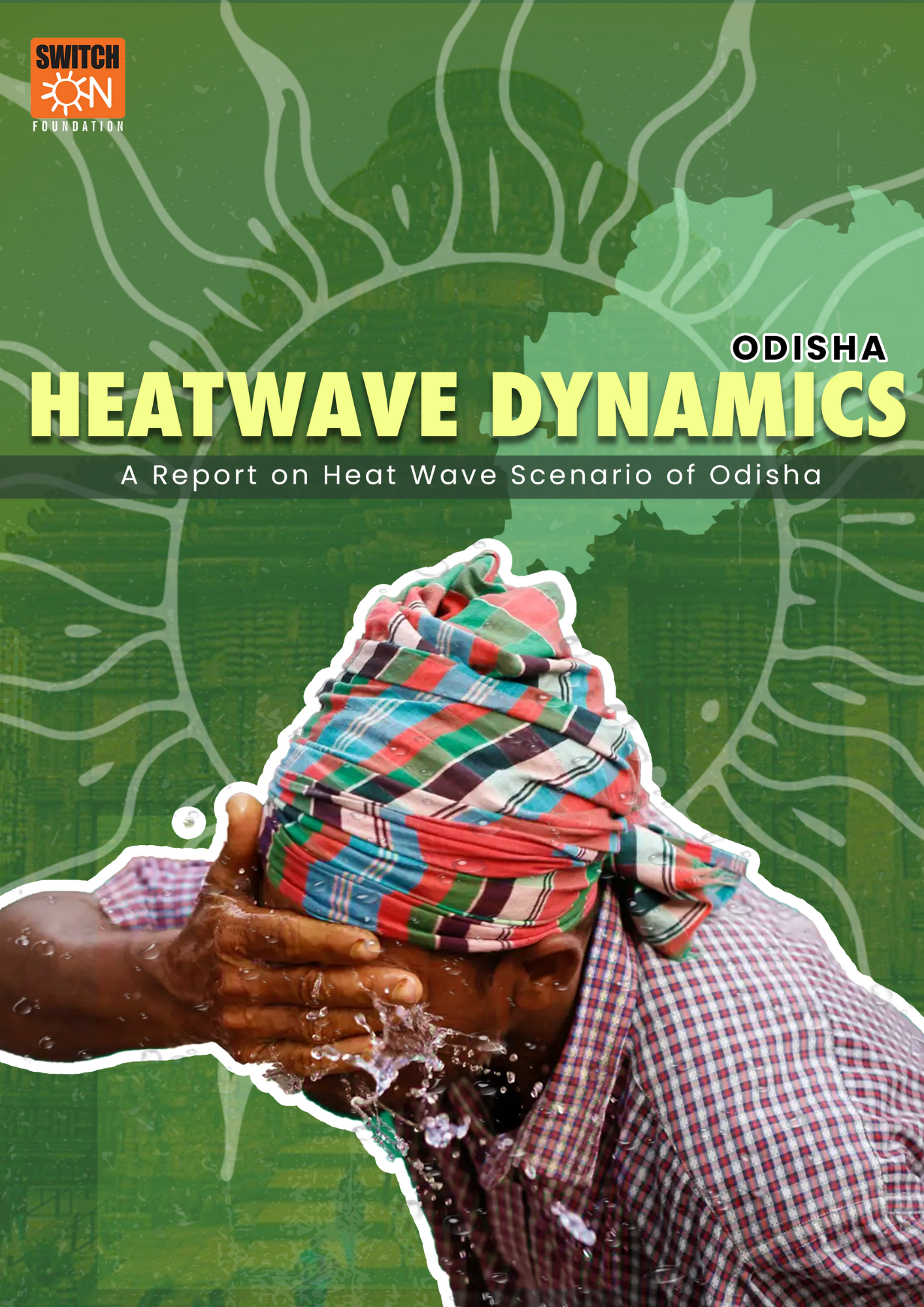

 11
11  3
3 
